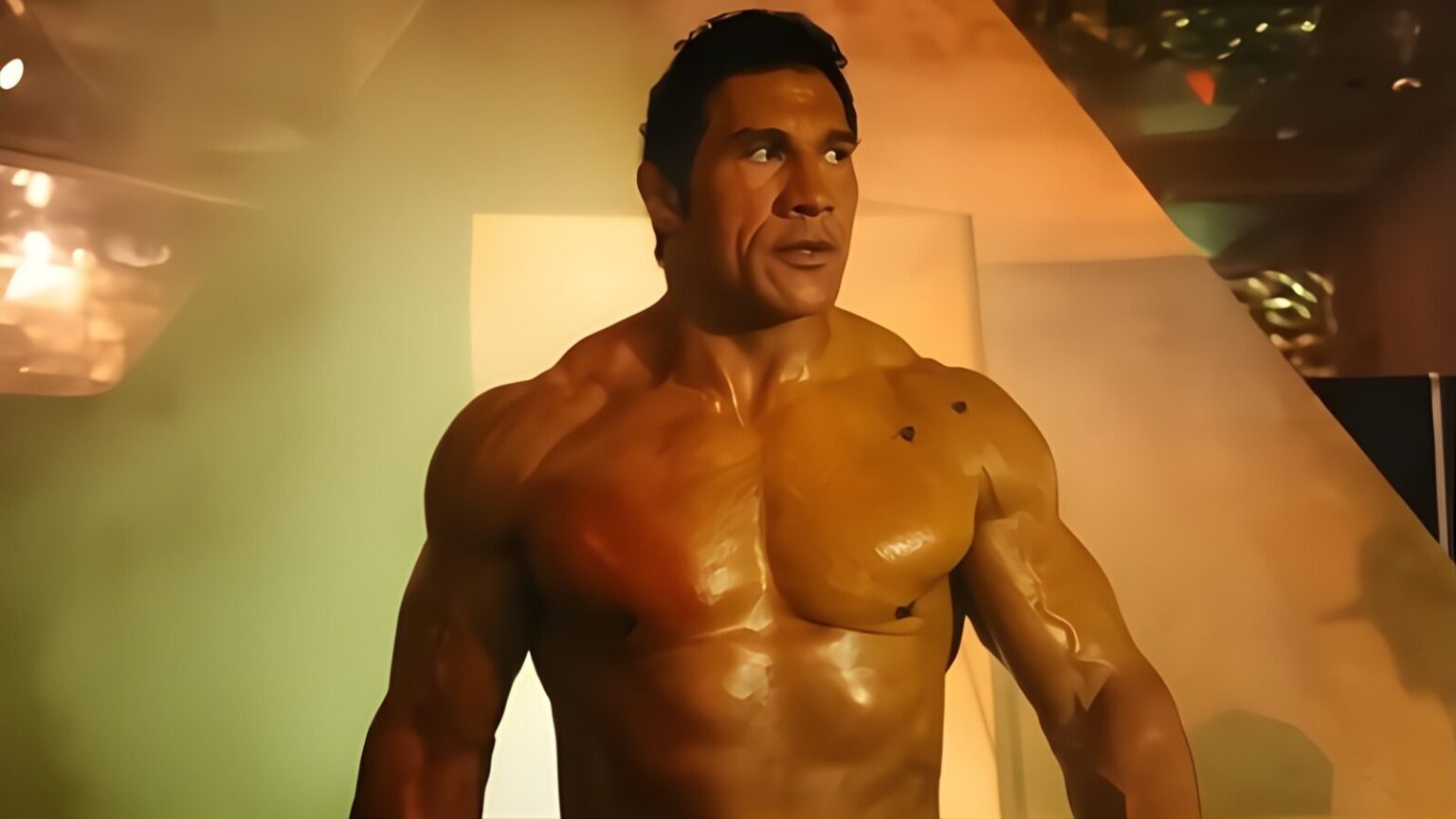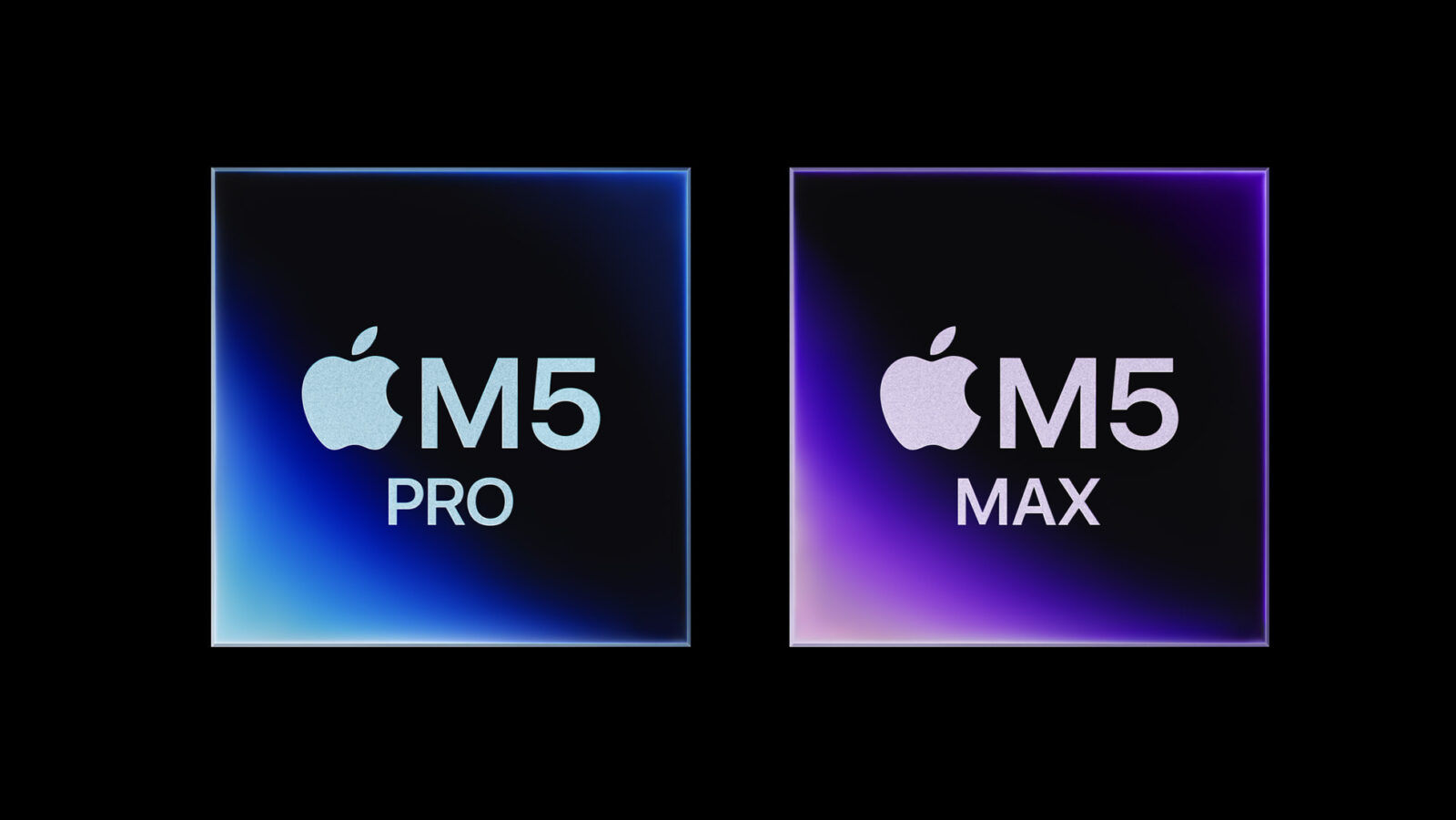TL;DR: Dwayne Johnson finally sheds The Rock persona in The Smashing Machine, delivering a vulnerable, career-best performance as UFC fighter Mark Kerr. Benny Safdie’s solo direction turns the chaos of MMA into a quiet tragedy, while Emily Blunt shines despite a thinly written role. Brutal, sad, and surprisingly beautiful.
The Smashing Machine
There’s a moment early in The Smashing Machine where Dwayne Johnson, as MMA legend Mark Kerr, is asked by a Japanese journalist, “What would losing feel like?” He’s undefeated at that point, untouchable in the cage, a walking slab of granite wrapped in UFC gloves. And yet, he stumbles. He can’t answer. Losing is an abstraction, a word with no lived meaning. The camera lingers on Johnson’s face just long enough to remind us: this is a man who has built an empire on refusing to lose, both in kayfabe wrestling storylines and in Hollywood blockbuster branding.
And that’s when it hit me—this isn’t just a movie about Kerr. It’s a movie about Dwayne Johnson finally letting himself lose.
I went into The Smashing Machine half-expecting another glossy biopic with MMA sprinkles, maybe a bloodier version of The Fighter, maybe even a motivational sports drama designed to sell posters to college gyms. But what Benny Safdie delivers is something far weirder, sadder, and more deeply personal than any UFC highlight reel could ever be. This isn’t about glory—it’s about the brutal intimacy of defeat.
And honestly? I wasn’t ready for how much it would floor me.
The Rock, Unmasked
Let’s get this out of the way: Dwayne Johnson has not exactly been the patron saint of subtle acting choices. I say that as someone who has seen almost every movie he’s made—sometimes willingly, sometimes trapped on an airplane. He’s built his brand on invincibility, on eyebrow-cocking bravado, on franchises that live and die by the weight of his biceps. If he was ever vulnerable, it was usually in a wink-wink way—The Rock knows he’s The Rock, you know he’s The Rock, and that meta loop keeps the whole show rolling.
But here? Safdie rips the armor right off him. Johnson plays Kerr not as a demigod, but as a trembling paradox. He’s tender one moment and terrifying the next, smashing doors like a toddler on steroids, then quietly asking his girlfriend Dawn (Emily Blunt) to treat him like a man. He’s the strongest guy in the room who can’t stop crumbling from the inside.
Watching Johnson cry—not Hollywood tears, but the ugly, blotchy, almost embarrassing kind—was like watching Superman dislocate his shoulder trying to tie his own cape. I found myself gripping the armrest, realizing this might be the first time I’d seen him act rather than perform.
And it works because Johnson himself has been circling his own version of loss. Black Adam didn’t change the hierarchy of power in the DC Universe; Baywatch didn’t resurrect the brand the way he’d promised. In a way, The Smashing Machine feels like his atonement project, the kind of role actors chase when they want to remind you they’re more than the paycheck. And good lord, he nails it. This isn’t just the best work of his career—it’s a redefinition of what his career could be.
Benny Safdie’s Direction: Less Chaos, More Gravity
I’ll admit, I was nervous about Safdie tackling this solo without his brother Josh. The Safdie Brothers’ films are cinematic panic attacks—Uncut Gems and Good Time both left me sweaty, jittery, like I’d overdosed on espresso and paranoia. But here, Benny dials down the frenzy. He doesn’t abandon it completely—you still feel the chaotic energy of early UFC, the blood-soaked circus of “no eye-gouging” rule sets and gladiatorial absurdity—but he grounds it in something quieter, more tragic.
Instead of pushing us into Kerr’s mania with rapid-fire cuts and oppressive soundscapes, he holds the frame, letting silence gnaw at the edges. There’s a scene where Kerr, high on opioids, stares out of an airplane window and asks to see the sunset. It’s not grand or cinematic. It’s painfully small, like a child begging for bedtime comfort. Safdie lets it linger long enough that it stops being a quirky character beat and becomes something devastating: the strongest man alive, desperate for something he’ll never hold onto.
The training montages are there, sure—this is still a fight movie at heart—but they feel less like hype reels and more like prayers whispered into sweat-stained mats. And Nala Sinephro’s score drifts through the whole film like a ghost, dreamlike and mournful, counterbalancing the violence with something almost tender.
And then there’s the Bruce Springsteen needle drop. I won’t spoil the exact moment, but when it hit, it was like getting punched in the ribs by nostalgia itself. Safdie weaponizes The Boss not as cheap sentiment, but as a brutal reminder of how dreams and ruin often share the same soundtrack.
Emily Blunt Deserves Better, But Still Shines
Here’s the tricky part: Dawn, Kerr’s girlfriend, played by Emily Blunt. On paper, it’s the classic “worried wife” trope, orbiting around the tragic man-child who can’t stop self-destructing. And yeah, sometimes the script falls into that pit. She’s saddled with a few too many melodramatic outbursts, as if the movie itself forgets that Blunt can annihilate a scene with a single glance.
But credit where it’s due—Blunt still finds ways to claw out nuance. When she and Johnson share the screen, the chemistry is raw, unvarnished, a kind of tenderness that makes the violence hit harder. She’s not just the moral compass or the background caretaker; she’s caught in the undertow of Kerr’s addiction, furious and terrified in equal measure. If the film sidelines her, it’s not because she can’t hold the weight—it’s because it’s so laser-focused on Kerr’s spiral.
Still, I couldn’t shake the feeling that she deserved a richer arc. Dawn is volatile, yes, but too often the volatility is framed as melodrama rather than survival. I wanted the film to trust her as much as it trusted Johnson.
Losing As A Way of Life
The Smashing Machine isn’t really a sports movie. Sure, there are cages and bloody fists and brutal takedowns, but this isn’t Rocky. There’s no triumphant crescendo, no slow-motion knockout that redeems a broken soul. If anything, it’s closer to Raging Bull, a study of how destruction can be both public spectacle and private inevitability.
Kerr wins, loses, wins again, loses harder. His body is a weapon that betrays him, his mind a cage more dangerous than any octagon. And what floored me most wasn’t the violence—it was the quiet moments after. The bruised silence in the locker room. The way he cradles his injuries like a child clutching a broken toy. The fleeting glimpses of joy, quickly smothered by relapse.
Loss isn’t a single moment for Kerr. It’s a state of being. And in that, the film asks something uncomfortable of its audience: what does it mean to fail when failure is all that keeps you human?
Final Thoughts
By the time the credits rolled, I realized I had just watched Dwayne Johnson destroy his own myth in front of me. The Smashing Machine is not perfect—Dawn’s character arc deserved better, and Safdie sometimes indulges in the clichés he’s clearly trying to dismantle—but it’s the kind of film that lingers, gnawing at the edges of your memory. It’s sad, messy, and painfully human.
And for Johnson? It’s career-defining. Forget the hierarchy of power in the DC Universe. The hierarchy of power in his own career just shifted.
Verdict:
The Smashing Machine isn’t a triumphant sports saga—it’s a brutal poem about losing, about how defeat shapes us more than victory ever could. Dwayne Johnson delivers the best performance of his life, Benny Safdie directs with aching restraint, and Emily Blunt elevates a role that should have given her more. It’s flawed, but unforgettable—a fight film where the real opponent is the self.







